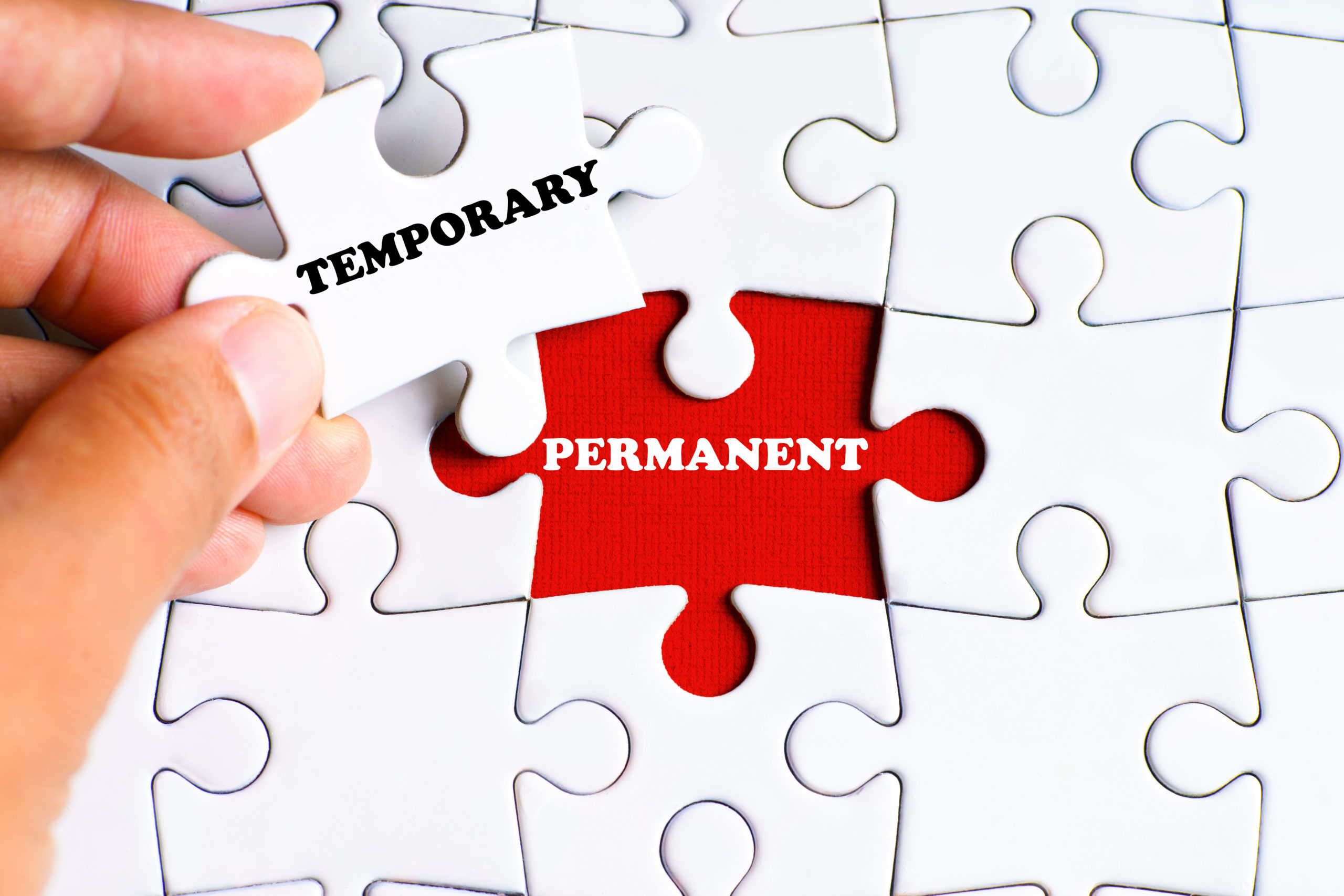Here are 5 things to consider as you head back into the office
Lockdowns and #WFH fatigue is real – and integration back to work is perhaps yet another hurdle to consider as restrictions are eased and social interactions increase.
There is a silver lining – New Zealand has the benefit having access to research and general observations of other areas in the world who have opened up post-pandemic. So we can lean into that research and those observations and be better prepared to navigate the vast spectrum of emotions and hurdles that many may experience.
– Talk to your team
Being open with where you are emotionally will help others to do the same and aid in co-creating a space that aids in alleviating the stress that may come with reintegrating.
The Dale Carnegie organisation (Dale Carnegie is renowned for authoring “How to Win Friends and Influence People”) recommends open communication as the foundation for a smoother return to an in-person workplace. Talk to your line manager or management team about sharing what the organisation is doing to ensure the safety and wellbeing of employees – this will help engender trust, transparency as well as confidence in the process.
– Sleep
Getting back into routine with sleep will help – so that means less screen time at night and more winding down for an effective rest.
Psychologist Dr Susan Albers says to establish a better sleep schedule:
“Not having a commute made it easier for you to take a snooze cruise until a few minutes before you were scheduled to start your workday. On the other hand, managing family life might have pushed your workdays late into the night. Well, the good thing about going back to work is that you’ll have a normal day again. Make sure you’re well-rested so you’re not nodding off in those in-person meetings.”
Dr. Albers elaborates further: “During the pandemic, staying up late and sleeping in was the norm. Getting to work at a specific time may be a shock to the schedule. Work on establishing a routine bedtime and get that in place before returning to work. Seven to nine hours of sleep has been shown to help people be more productive. Getting enough sleep can also reduce emotional eating and buffer you emotionally and physically against the wear and tear of stress.” Ease into your previous morning routine slowly to make sure your first day back at work starts off as stress-free as possible.
– Exercise
Short bursts of exercise – like a brisk walk for instance – helps to maintain a positive mental state especially as things change again. According to the South China Morning Post “The frequency at which people are taking exercise has skyrocketed as workers return to the office. A study conducted by shoe review website RunRepeat, which surveyed 2,494 people, found that even those who never took exercise are now getting a sweat on.” According to the same study, people who exercised one or two times a week have increased exercise frequency by 125.93%.
Taking a lead from this research in the East: maintaining a level of exercise as we head back to work here in New Zealand will help you navigate the next phase of post-lockdown life with more resilience and mental acuity.
– Tidy up
Take the time to reacquaint yourself with your immediate working environment and give it a spring clean.
According to The Cleveland Clinic in the United States, if your office has been vacant for some time, they suggest some refreshing or cleaning. They go further to say to “take some cleaning products with you and spend some time getting your space ready. Add some new pictures and make it look nice and pleasant.” A clean, organised workspace can help reduce your stress level, particularly your cortisol hormone level which is the stress hormone.
Psychologist Dr Albers adds that greening up your space might help, too.
“Bring a plant to work. Research indicates that plants help reduce stress levels at the office and increase productivity by 15%.”
– Retain the positives from working in lockdown
In an article written in Harpers Bazaar, Judith Plastow, psychotherapist and founder of business consultancy Co-Thinking Company, says that “many who have been able to work from home during the lockdown, have reported advantages as well as constraints. Where possible, try and retain these benefits even when normality resumes,” says Plastow.
So really in short it is about blending the best of both worlds into the new normal.
The article continues to outline that if having more flexibility with working has made your time in lockdown more enjoyable (or even bearable), or if you’ve been exercising more during the morning or at lunchtime, talk to your manager about how you could incorporate an improved work/life balance into your return to work. This will help your mental health in the long run, while simultaneously allowing you to keep up some of the good routines you may have started and come to rely on in lockdown.
If you are feeling nervous about the return to work, Plastow offers a note of reassurance, explaining that “many people returning from career breaks are often surprised at how quickly they settle back into previous routines, soon feeling like they have never left. Often the anticipation is far worse than the reality.”
What tips have you found particularly useful when returning to your workplace?

